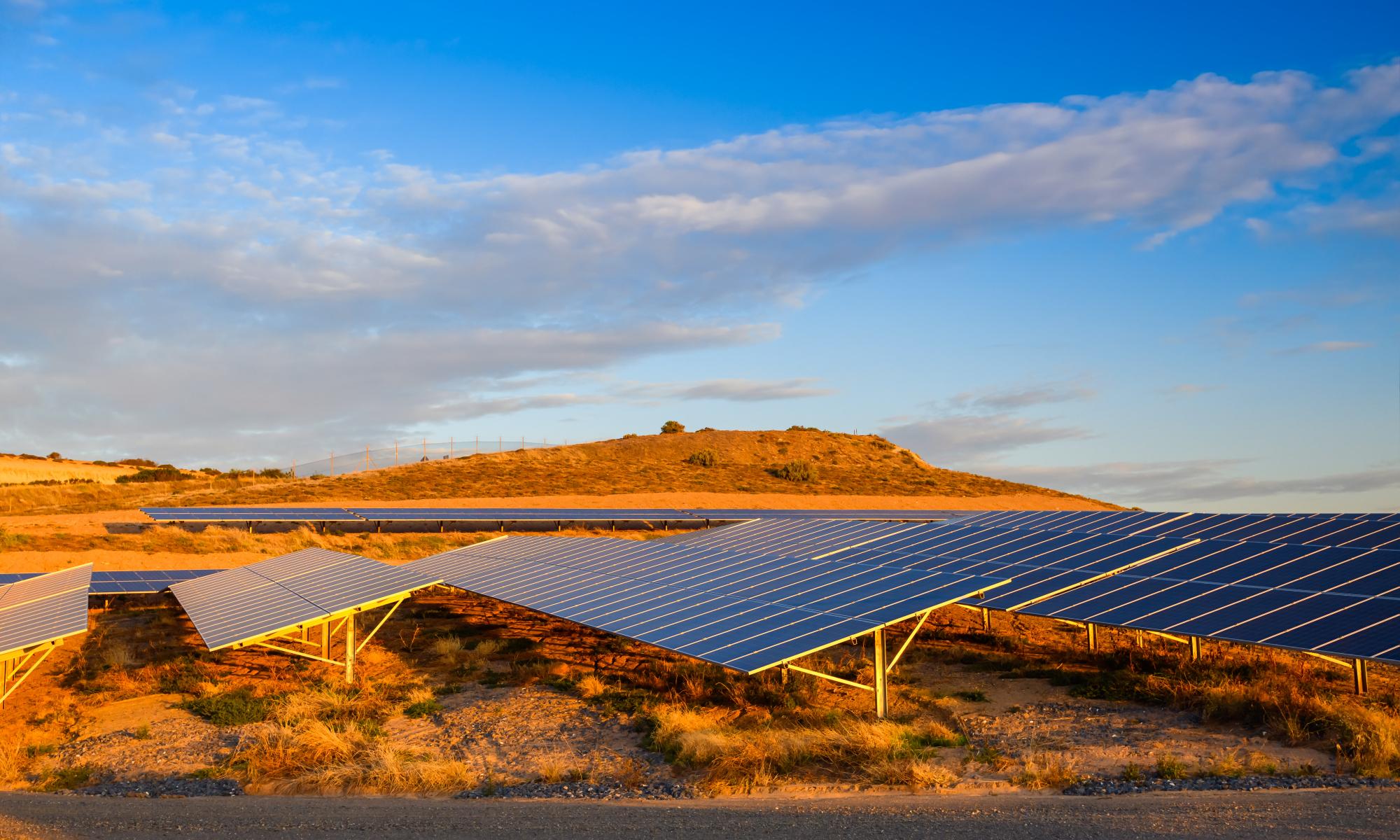The only physical trace of Shine Energy, which wants to build a $2bn coal-fired power station in north Queensland, is a small post office box next to an Asian grocer at a suburban Brisbane shopping complex. The same mailbox is shared by more than a dozen online businesses, including the maker of a metal card that spuriously claims to improve the quality of wine.
Company documents show Shine Energy is worth a nominal $1,000 on paper. It has no registered financial obligations, and no physical office at its listed address.
On its website, Shine describes its business as providing “renewable energy solutions”, but the company could offer no evidence that it or its directors, mostly Birri and Widi traditional owners, has ever previously worked on an energy generation project.
What Shine does have in its favour is political support. Over the past year, as the fledgling company began to promote the idea of building of a coal-fired power station at Collinsville, the plan has gathered a string of Queensland LNP politicians as cheerleaders. This month the company was awarded $4m by the federal government to conduct a feasibility study – a grant widely viewed as a concession to pro-coal elements of the Coalition.

The announcement has pried wide the political schism over coal in north Queensland, and in the process Collinsville and its dwindling population have been thrust to the centre of the energy debate; national headlines have declared the town, where coalmining has been the lynchpin industry for more than 100 years, the new front in the climate wars.
“I can’t get a handle on what’s going on,” says Bob Katter, who represents the neighbouring federal electorate of Kennedy.
“[The LNP] just make it a political football, there’s nothing to it but politics. There’s no sitting down and thinking the idea through. [The power station plan] is disastrously bad for north Queensland. But politically, because [certain Labor MPs] are anti-coal, it’s very good politics.”
‘Hijacked for political purposes’
The sun shines 300 days a year in Collinsville; beneath the ground locals have dug coal for more than 100 years. In some ways it is unsurprising that this place has become symbolic of Australia’s ongoing policy uncertainty regarding energy generation and climate change.
Just outside of town a solar farm wraps around the derelict coal-fired power station that closed a few years ago; looming behind are the shadows of black coal pits.

“Right across the region, we feel that we’ve been hijacked for political purposes,” says Brett Murphy, a local whose family moved to Collinsville in the 1920s. “You and I wouldn’t be talking today if we hadn’t been hijacked. It’s not a good thing to be a political ping pong ball.”
Like an overwhelming majority of locals, Murphy wants the power station to go ahead if the feasibility study supports it.
“We want growth here,” he says. “We want jobs here. We want the town to grow. We want houses here. We want all the associated stuff that goes with it.”
Trevor Anderson, a motel owner with real estate interests, tells Guardian Australia many people in town had become worried the coal power proposal would attract protests like those directed at the Adani coalmine, whose rail link would run close to Collinsville.
"html":"They have their own agenda. They don’t care about the town","attribution":"Carol Consentino"
Anderson says people in Collinsville recognise the world will eventually transition away from coal. But he also speaks in terms very familiar in the Bowen Basin and other coal-producing regions; to date no politician, businessman or activist has turned up in Collinsville with a palatable transition plan.
In that void, the power station proposal has become viewed as a local saviour.
“A number of years ago Collinsville was 4,000 people heading towards 5,000 and we’re currently 1,200 today – and we’re looking at where to from here,” he says.

“So when we look at the jobs situation, jobs are key to underpinning families and we need families to move back into Collinsville.
“I don’t think there’s been a great deal of thinking or attention to what [a climate transition] means for small towns like us. What I see is politicians, tourism people, saying each one of our jobs is going to be replaced by a new tourism job. But I don’t see that as practical at all. It fails to take into account that we own houses, businesses, we have settled families. What exactly is our transition plan for these people? Should we just leave our homes and businesses and move to the south-east?”
Carol Cosentino and Garry Reed acknowledge they are probably the town’s only greenies. Both are long-term locals and both speak about Collinsville in a remarkably similar way to the business owners and miners whose lives are entwined with the coal industry.

“We have a very proud tradition here of coalmining,” Cosentino says.
“People have stuck together through many hard times and difficult conditions and tried to make a life for their families.
“People are very desperate to maintain a lifestyle here, a way of life, so they’re grabbing at whatever they can get and a coal-fired power station seems like an easy answer. But there’s not much scrutiny of the detail, they just accept everything at face value.
“I think the politicians and some of the media are putting out things that are not necessarily true. It’s glossed over and it’s misleading people. It made me sad but I’m going from sad to angry. Especially at certain politicians that are pushing it and encouraging people into that kind of thinking. They have their own agenda. They don’t care about the town.”
Reed says he’s had discussions with dozens of locals about climate and energy, and that many parrot the arguments pushed by politicians and supporters of the coal industry.
“It’s like they have swallowed George Christensen’s playbook,” he says.
Subsidies ‘could result in higher prices’
The notion that north Queensland needs a coal-fired power station has been a useful political tool, pushed heavily by the LNP at the last state election, but few experts believe it is viable or necessary without heavy subsidies and other guarantees by the federal government.
A series of reports commissioned in 2017 warned that a coal-fired power proposal would likely increase prices. The Queensland government found the generator could only be viable in a high-price scenario – at prices above $75 per MWh – which is well above the current wholesale average of $61 per MWh.

The Australian Energy Council, a peak body for natural gas businesses, also in 2017, warned against the “Field of Dreams” scenario, where new coal-fired generators were built on the basis they might then attract new energy-intensive businesses.
“The problems with this line of argument are many: artificially suppressing electricity prices by artificially creating oversupply in a region … does not guarantee investment.
“If the private sector believes that the government will enter the market, this will have a chilling effect on new private investment. Ill-judged subsidies for new generation can lead to the displacement of existing, higher marginal cost generation, which then causes the supply-demand balance to revert, resulting in higher prices again.”
Experts also question the notion underpinning the construction of a new power station: that the electricity grid needs permanent baseload generation.
Tim Buckley, from the Institute for Energy Economics and Financial Analysis, says the concept of feeding baseload power generation into the grid is outdated, particularly in north Queensland where several large renewable generators have been built in recent years.
Buckley says the economics of coal plants meant they ran permanently at more than 70% capacity but that the energy generated will be useless when renewables are productive.
“In the new world we are in today, when renewables are not available you need on-demand flexible ramping capacity. You do not want baseload power,” Buckley said.
“If the government is agnostic as to the source of the fuel and they just want grid reliability, then the options are peaking gas, pumped hydro storage and batteries.”
In its own systems plan, the Australian Energy Market Operator says that due to a surge in renewable connections in north Queensland and an “energy surplus”, any large-scale generator connections would not be efficient until other power generators were shut off.
Taking back the means of production
Shine Energy’s chief executive, Ash Dodd, will not answer detailed questions about the proposal, and says the planning work to date is confidential. It is unclear to what extent Shine’s initial business case – prepared by Canadian firm WSP – concluded the project might be feasible.
However, Guardian Australia has learned some details about the status of the proposal, including that Shine has no confirmed investors or off-take agreements, and that the company is reliant upon the federal study to fully understand the project’s viability.
Dodd has previously said the power station could allow for the early retirement of a less-efficient, higher-emitting existing coal-fired plant, such as Gladstone. The Queensland energy minister, Anthony Lynham, has rejected suggestions that any of the state’s generators will be shuttered early. The privately-owned Gladstone plant – the state’s oldest – has contracts to supply power to heavy industry until at least 2029.
Dodd, whose background is as a youth worker, has not responded to questions about whether Shine or its directors have any experience in the energy sector.
He and fellow Shine Energy director Les Muckan are both former candidates for the Katter’s Australia party – Bob Katter says they are “good blokes” despite his own opposition to the power station on the grounds the electricity would be too expensive. A former director, Luke Shaw, infamous in Queensland as the jury foreman from Sir Joh Bjelke-Petersen’s perjury trial, also has ties to the Katter party.
Another officeholder of Shine, Dodd’s cousin Kenny Peters-Dodd, is a respected environmentalist who has campaigned against the Adani coalmine, and whose work has been recognised by the Bob Brown Foundation.
Ash Dodd has spoken in several interviews about the company’s motivation, which has little on face value to do with coal. He says Indigenous people deserve the opportunity to profit from an industry that has been the lifeblood of the local area for more than 100 years.
“We own that country up there, we’re Birri people, that’s our country, that’s our nation,” Dodd told Andrew Bolt during a Sky News interview last year.
“We’ve missed out on those opportunities to use the means of production to create wealth and economic prosperity and positive social outcomes over the years, since 1861.
“We want to use [the land] which is rightfully our own, to make economic prosperity ourselves. We don’t what handouts mate. We want the same opportunity with our private property, our land, to create prosperity.”


